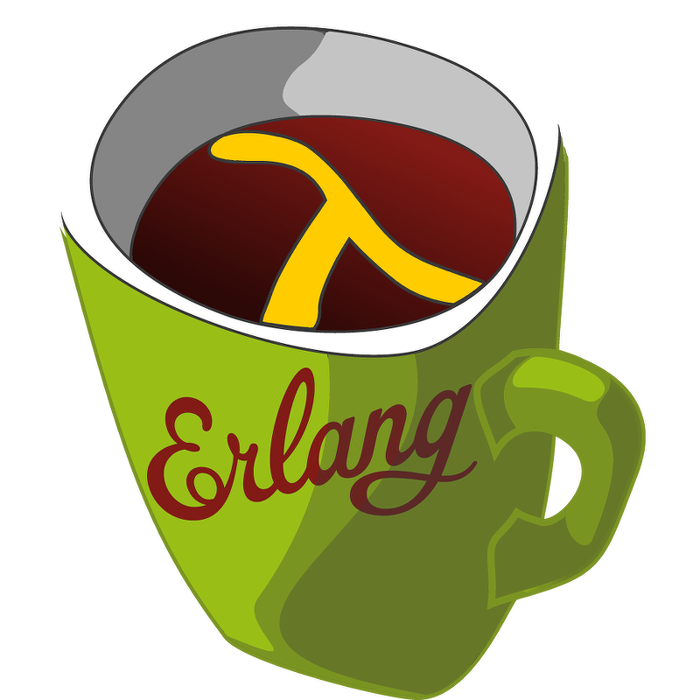LFE Friday - erlang:list_to_atom/1
 This week's LFE Friday was translated with permission from the
Erlang Thursday
series by Steven Proctor.
This week's translator: Robert Virding.
This week's LFE Friday was translated with permission from the
Erlang Thursday
series by Steven Proctor.
This week's translator: Robert Virding.
Today’s LFE Friday covers erlang:list_to_atom/1.
erlang:list_to_atom/1 takes a string, and returns an Erlang atom.
> (list_to_atom "foo")
foo
> (list_to_atom "Foo")
Foo
> (list_to_atom "foo-bar")
foo-bar
> (list_to_atom "foo bar")
|foo bar|
> (list_to_atom (++ "foo" "-" "bar"))
foo-bar
> (list_to_atom "Erlang")
Erlang
> (list_to_atom "the LFE way")
|the LFE way|
> (list_to_atom "Erlang and Elixir")
|Erlang and Elixir|This can be useful if you are having to create keys or identifiers based off strings read in from outside the system, such as parsing a CSV style header.
> (lists:map #'erlang:list_to_atom/1
(string:tokens "firstName,lastName,age,gender,preferredName,dateOfBirth" ","))
(firstName lastName age gender preferredName dateOfBirth)You do need to be careful when using erlang:list_to_atom/1 on strings acquired from the outside world of your program, as it only handles strings with character values under 256. But any character value1 under 256 is fair game to be turned into an atom.
> (list_to_atom "Joe, Mike and Robert")
|Joe, Mike and Robert|
> (list_to_atom "it's")
it's
> (list_to_atom "hey\n")
|hey\n|
> (list_to_atom (++ "with-supported-char-" [255]))
with-supported-char-ÿ
> (list_to_atom (++ "with-supported-char-" [256]))
exception error: badarg
in (: erlang list_to_atom (119 105 116 104 45 115 117 112 112 111 ...))-Proctor, Robert
-
Remember that character values are non-negative integer values as well, 0-255 inclusive. ↩
